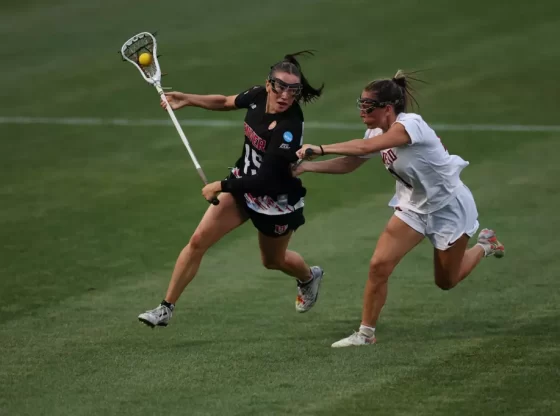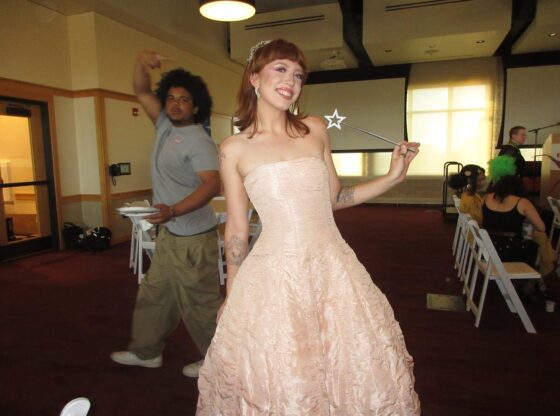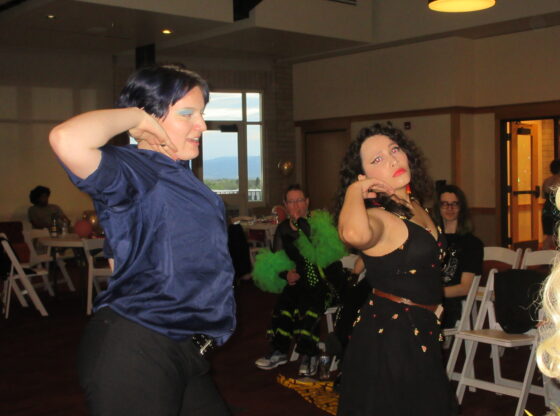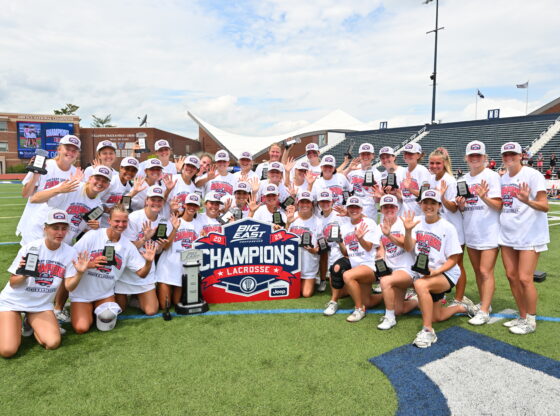Camp Ruckus, a week-long, campus-wide festival that will take the place of the former “Greek Week,” will debut this spring on April 1.
Organized by OMEGA, a group of sophomores selected by Greek leaders on campus, the week will incorporate programming from several campus organizations to provide students with a unique opportunity to have fun and give back to the community at the same time.
The week is built around Camp Heartland, a charity-based camp in Minnesota that provides a free opportunity for children who have HIV/AIDS or who are directly affected by the disease (they may have parents or siblings that have or have died from the disease) to live out an exciting week in the summer without fear of being judged or rejected because of their condition. Founded in 1993, Camp Heartland is one-of-a-kind, and welcomes hundreds of children each year.
The week will open on Monday with a “Welcome to Camp Ruckus,” including banner painting and a registration tent for the week’s activities. The evening will see a camp cookout on Driscoll Lawn, followed by a free movie.
Tuesday will focus on scholarship, with a Professors’ Spelling Bee and a student Knowledge Bowl, and Wednesday will host the Camp Games, including open kickball, tug-of-war, and other activities.
Thursday begins to bring in the service component of the week with the Journey of Hope, a presentation by children and staff from Camp Heartland about the importance and value of understanding and helping those affected by HIV and AIDS. The day will also include events designed to help raise materials and funds to donate to the camp.
The grand finale takes place Friday. Another Camp Heartland presentation will precede a community-wide overnight campout fundraiser. Live bands and food will encourage participants to spend the night on Driscoll Lawn to help raise money to send local children to Camp Heartland this summer.
The event was originally developed as an idea for the traditional spring Greek Week, said Michael McKenzie, the group’s graduate advisor in the Office of Greek Life. “We’re we were discussing where we wanted our organization to go, and one of the improvements we wanted to see was becoming more involved and interactive with the campus. More a part of campus tradition.”
The decision to eliminate the Greek Week name in favor of Camp Ruckus was designed to make it clear that the event is intended not just for Greeks, but for all students.
“We want the whole campus to participate in the fun and service – changing the name makes it a lot easier,” said Greg Kinney, an OMEGA member.
The camp theme for the week aims both to foster student participation and to reflect the service side of the week, raising money for Camp Heartland. Because of the medical problems faced by most Camp Heartland children, the cost of sending a child to camp can be prohibitively high, sometimes close to $2,000.
OMEGA hopes to raise enough money to send at least five local children to the camp. “We chose the camp theme as a way to combine the fun and service components both for Greeks and for the campus at large,” McKenzie said. “We want everyone to have a good time, but also give back to an organization that not only helps kids, but really impacts and changes their lives.”
Putting together a large event that can effectively include a huge number of students, faculty and community members has presented a daunting task. The event is being funded from a number of sources, including the Greek Council, which is made up of the InterFraternity and PanHellenic councils and AUSA Senate excess funds.
Several of the week’s activities are also being co-programmed with other student organizations, including the DU Programs Board and the Mile High Club, with numerous other organizations still considering co-programming.
The idea of co-programming reflects constitutional changes in the Greek system that call for a more open, campus-wide structure to the Greek system and its programming efforts. The change occurred early this year after the Greek Council lost its “licensed fundable” status last spring, and many believe that this year’s new structure may help the council to regain fundable status for the upcoming fiscal year.
“I think it’s a good thing for the Greek community to work against exclusivity, and it may help them in their efforts to apply for licensing again,” said Marcus Hansen, AUSA Senate vice president.










